How to network at ADE and other music conferences: What 30 years in the biz has taught me.
Don't get off your face. It’s easy to be scared and to get drunk. A little bit of Dutch courage is fine, but don’t come up to people completely out of it. And don’t be too tired either, falling asleep in sessions or being on your phone is not a good look.
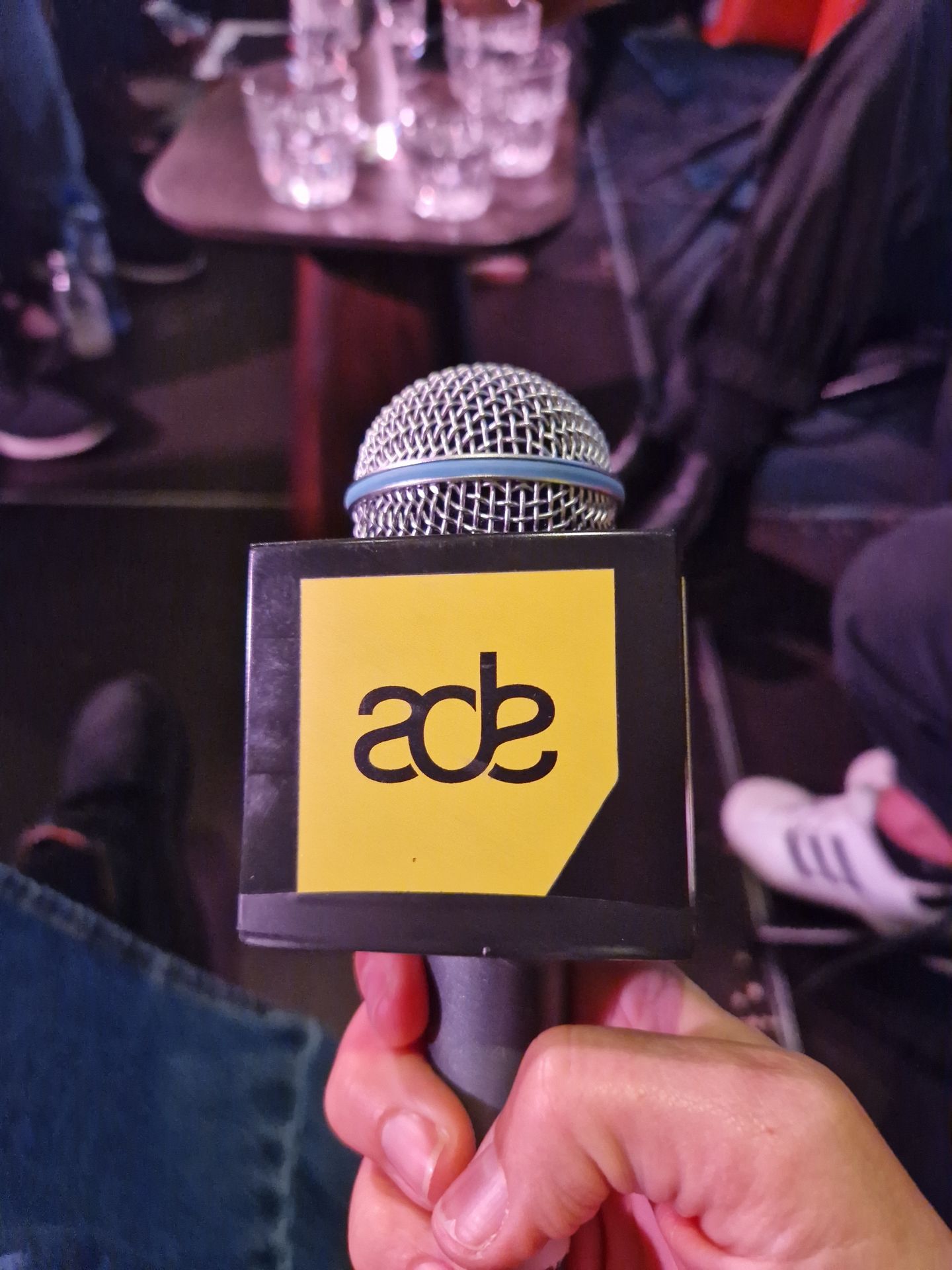
I was recently invited to share advice on preparing for ADE. EMC hosted the call in collaboration with AFEM, Mixmag Asia, Sounds Australia, and a diverse group of artists, managers, labels, and startups. We compared notes on markets, shared what was working, and provided first-timers with practical ways to make ADE useful rather than overwhelming. I was asked to close with my tips on preparation and networking at the event.
These are my notes, tidied up and shared here because they apply to any music conference, not just ADE.
1. Be observant
No matter who we are, whether we’re newcomers or people who’ve been around a bit longer, we all like to sit when our legs are tired. We all enjoy a cup of coffee or a soft drink. We all take a wee. We all like to shelter from the rain. I’ve met amazing people in the loos or while waiting in line, just by being observant.
2. Stand out from the sea of black clothing
At ADE, so many people dress in black! If you want to be remembered, give people an easier way to spot you.
Wear one recognisable item - a red jumper, a yellow scarf, a cap, whatever feels natural for you. It makes it easier for people to remember you and for others to say, “That’s the person in the red jumper,” instead of “the one in the black top.” (er, like, which one in black?!).
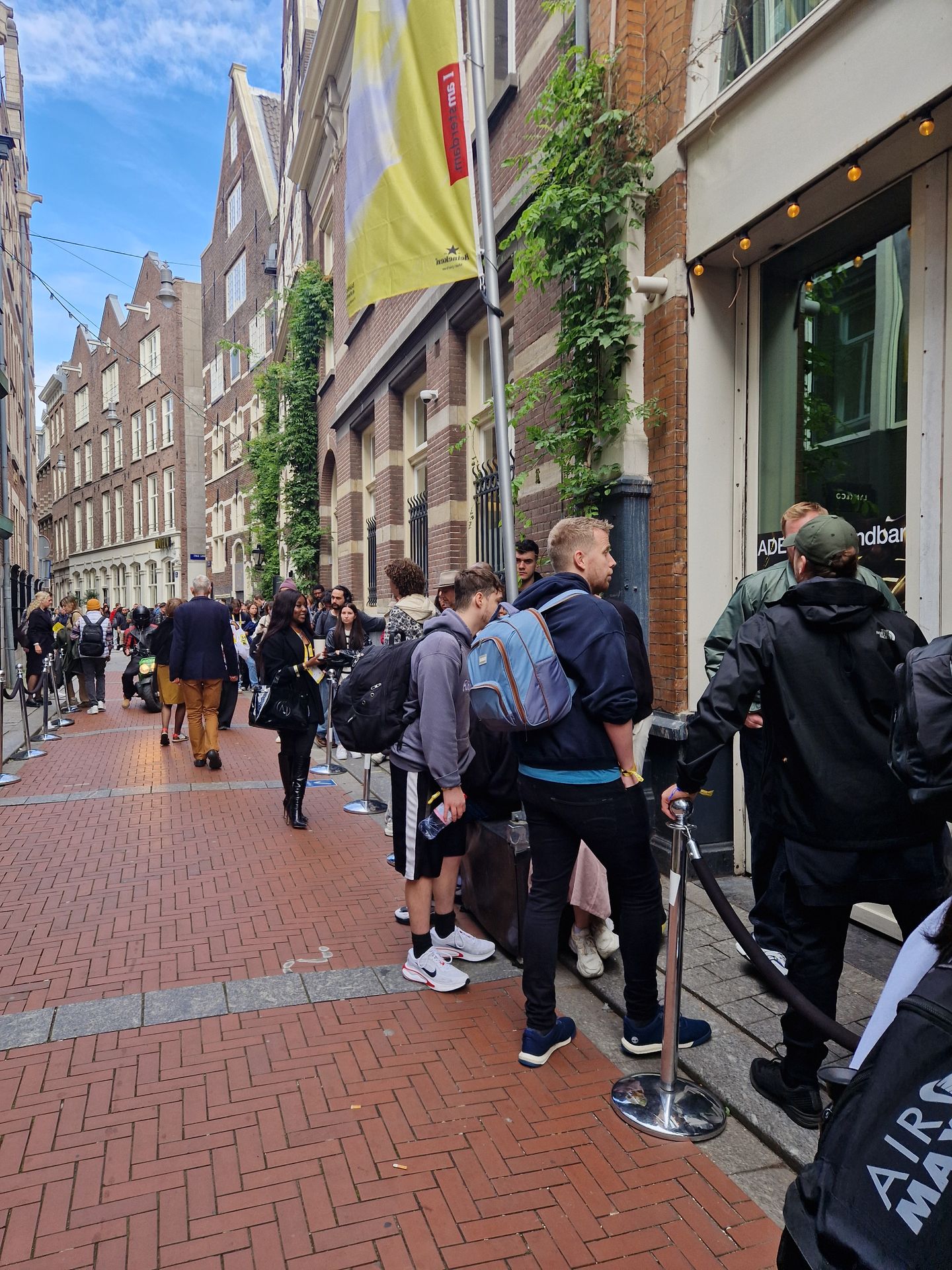
3. Beware of judgement
If you look at me, what do you see? I’m 55, I’m a mum, I speak the way I speak. I have no tattoos or piercings, and I enjoy wearing white, fluffy jumpers. But did you know that I have worked closely with numerous metal bands, including Slipknot, Machine Head, and Soulfly, and maintain those contacts today? Or that I am connected to one of the most highly regarded Nigerian lawyers specialising in Afrobeats, and that during my time at Songtrust, we signed over 100 clients from Africa? Or that two of my current clients specialise in Gospel and Christian music, and I am also a conference programme coordinator for Athens Music Week. You can’t tell any of that by looking at me. So don’t assume what you see is everything about a person. Be curious, ask questions, and you’ll often find common ground you never expected.
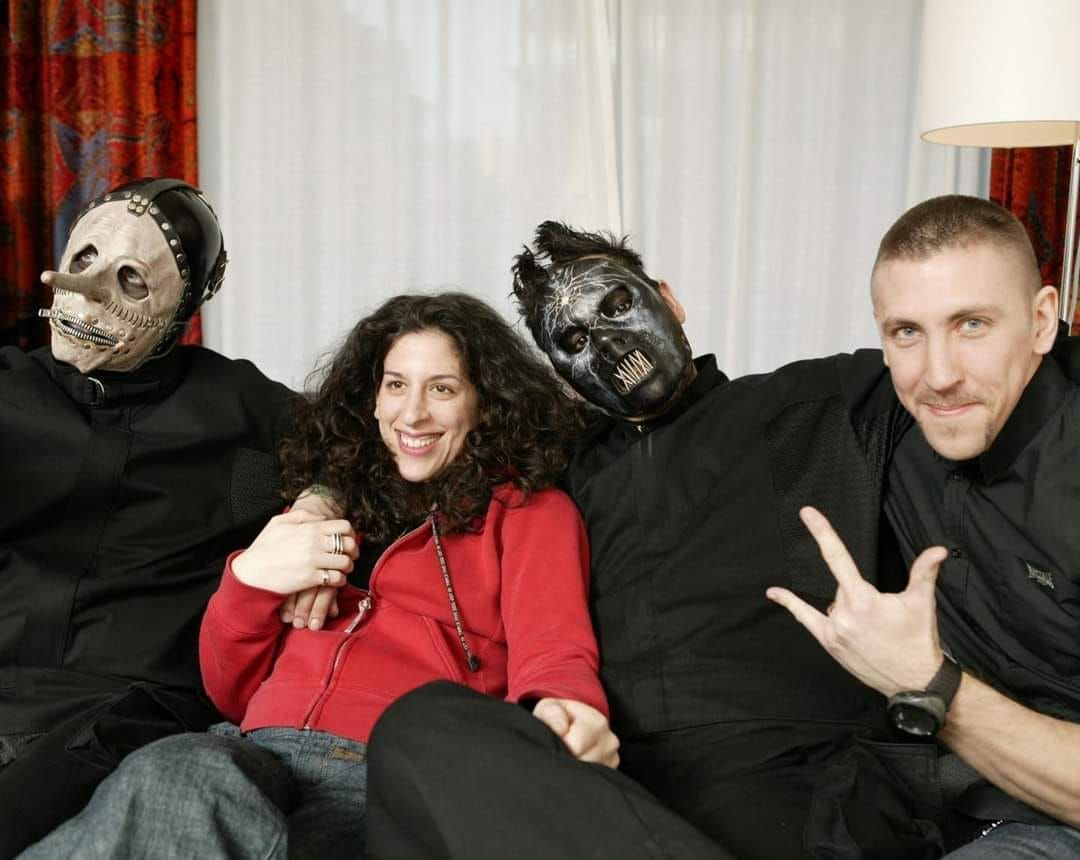
4. Sit near the front, but not the very front
Get to sessions during the changeover, as the next ones are setting up. You will be noticed. Speakers are people. They get nervous. If you sit close to the front, not in the very front row, but in the second or third row, you help them feel supported.
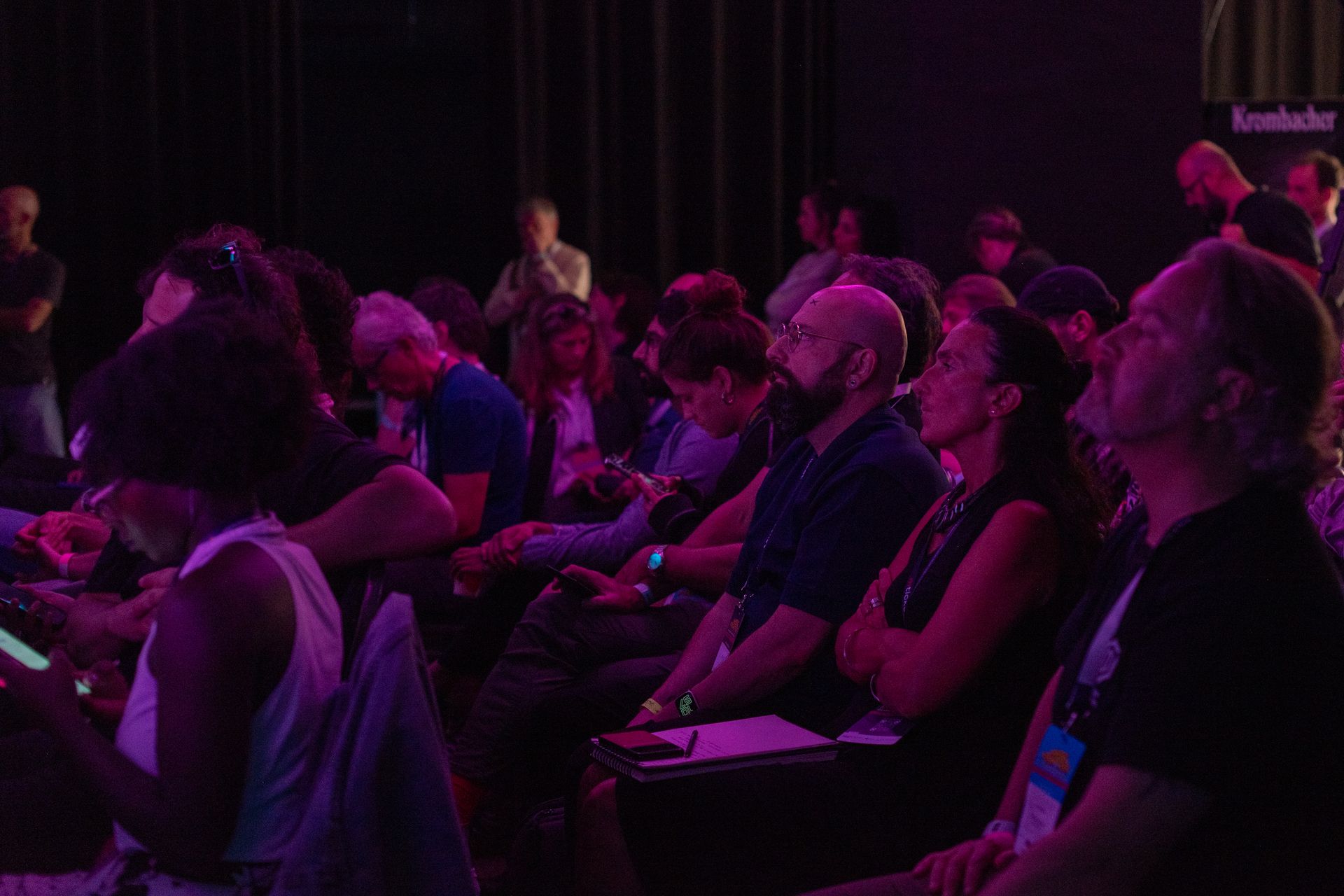
5. Believe in yourself
You are just as important, worthy and interesting as the next person. Practice saying what you do in two sentences with friends or family. Don’t be too monology.
6. Connect before ADE
Look at the schedule. Write to people on LinkedIn. Say, "I see you’re speaking at this session, I’ll be there, and I look forward to it.’ Don’t worry if they don’t reply. I notice these things, and others do too.
7. Offer practical help
In my sessions, I sometimes ask someone approachable in the audience to take photos or short videos. I genuinely need the help, and I’m always grateful for it, because I can use the images and footage afterwards on my website or socials. It also provides us with a natural reason to connect immediately after the session. And I like to return the favour. For example, by offering a complimentary mentor session. It turns a simple favour into the start of a real exchange.
8. Be interested in the person, not just the job
It’s you first, then the job. I care that someone cares about me, and then about what I do. Same with founders. It’s not only about the startup, it’s about the person behind it. Just don’t be too personal, it’s nuanced.
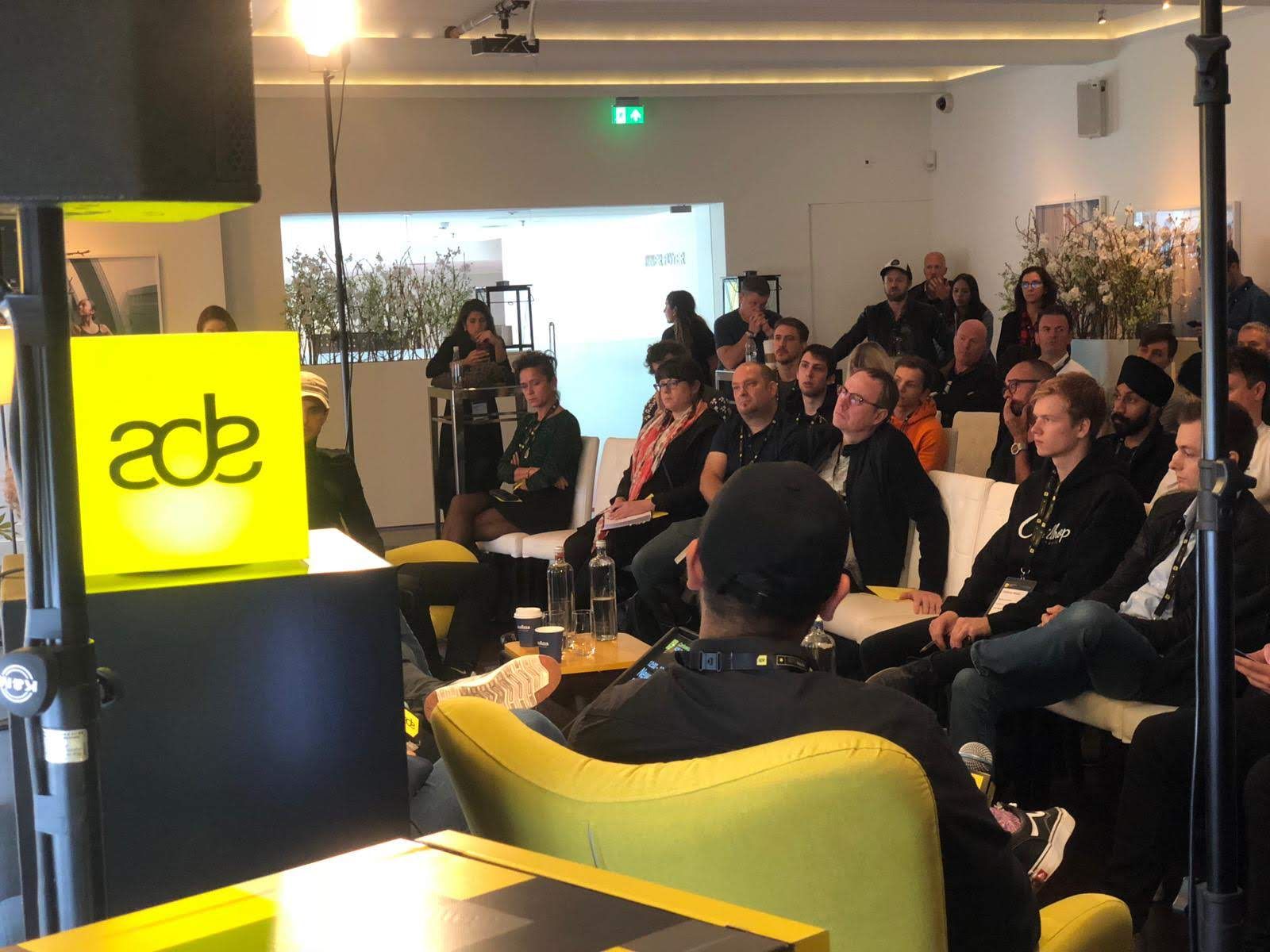
9. Don’t always pair up with someone in the same line of work
It’s fine if you’re from the same business. But if you’re looking for an opportunity for yourself, you’re cutting your chances if you always share.
If your goal is to meet people or close a business deal, attending a mixer with someone who has a very similar skill set can divide the attention. Of course, introduce the person you’re with, but be aware that it can make it harder for the conversation to be about you.
10. Follow up quickly
Don’t wait too long to follow up. Write to people afterwards to say you enjoyed their session. Don’t be too clever. Don’t overthink it. Just say, "I really liked your session, thank you, I gained a lot from it. Here’s my website, and my email address if you’re looking for a designer, publisher, distributor, etc." That’s enough.
The same applies to meetings. A short, polite message afterwards can make all the difference. Keep it simple, acknowledge the value of the exchange, and leave your details so the next step is easy.
11. Don’t get off your face
It’s easy to be scared and to get drunk. A little bit of Dutch courage is fine, but don’t come up to people completely out of it. And don’t be too tired either, falling asleep in sessions or being on your phone is not a good look.
12. Plan your evenings
Conference days are easier. Evenings can be harder. Everyone seems to disappear to different places, and sometimes no one tells you where. Don’t assume you’ll just know. Find out what clubs or meetups people are heading to. Plan dinners too. Amsterdam restaurants are small and busy. If you are alone and don't know anyone, you can usually find like-minded people in the same situation as yourself in meeting spots, just waiting to find someone to hang out with, too!
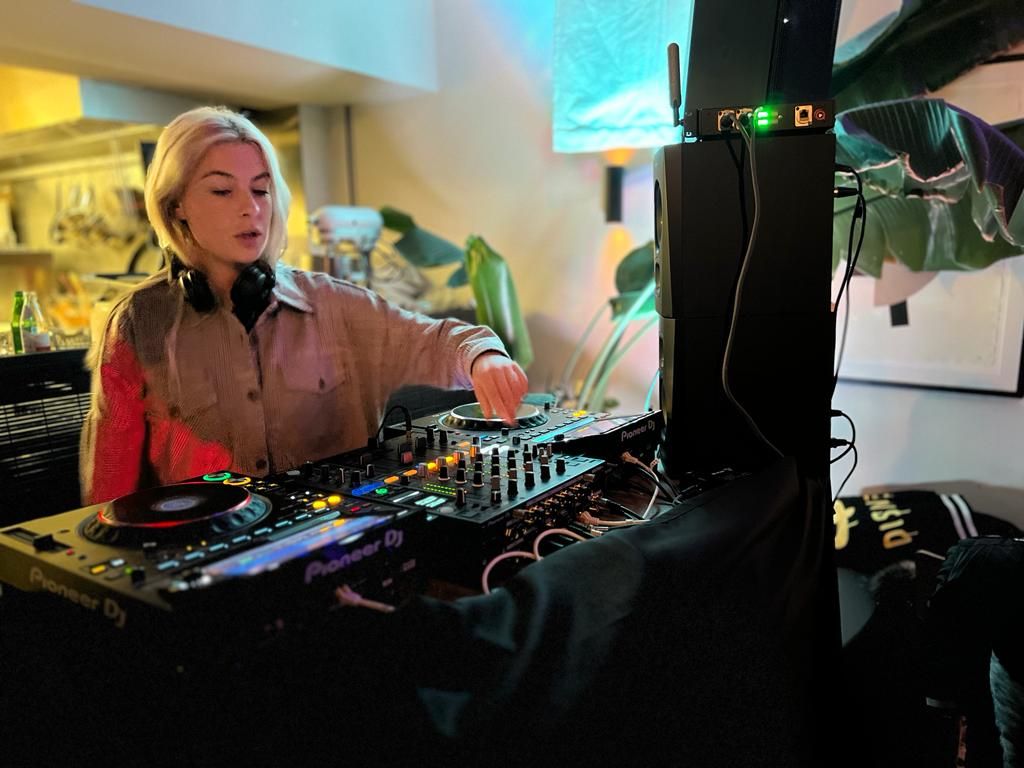
13. Use anchor points
For first-timers, a hub like Australia House is a lifesaver. It provides a space to meet, recharge, and connect with others. Use these kinds of spaces as anchors so you don’t get lost in the chaos.
“At ADE, we create Australia House as a home base for our delegation. It’s not just a showcase stage, but a space where people know they can always find us. Delegates can schedule meetings there, and for first-timers it’s a safe anchor in the middle of a very spread-out event. By having one clear hub, it’s easier for us to connect Australians with internationals and make introductions that actually stick.” - Glenn Dickie, Sounds Australia
14. Think about your budget
Tickets, travel, and accommodation - it’s expensive. Especially if you’re not speaking. You’re investing a lot, so manage it carefully. Staying a bit outside the centre can save money, and sharing taxis makes late nights manageable. The expenditure can be considerable, so ensure you get value from it.
15. Make sharing your details simple
I used to try QR codes but found them cumbersome. Now I just put my website on my card, because everything I want people to know is there. Whatever you choose, make it quick, easy and reliable.
16. Be strategic about goals
Don’t be too broad. Saying "I want to get into Live" is too big. Perhaps focus on meeting one manager who has successfully got their artist into live performances at places you want to focus on. That can be a more approachable step than trying to meet every agent. Narrow it down. From there, you can build on that.
17. Remember the person first
Treat speakers and industry people as human beings, not as figures on a pedestal. The strongest connections come when you recognise the person before the job. Many of my lasting relationships began because someone approached me in that way.
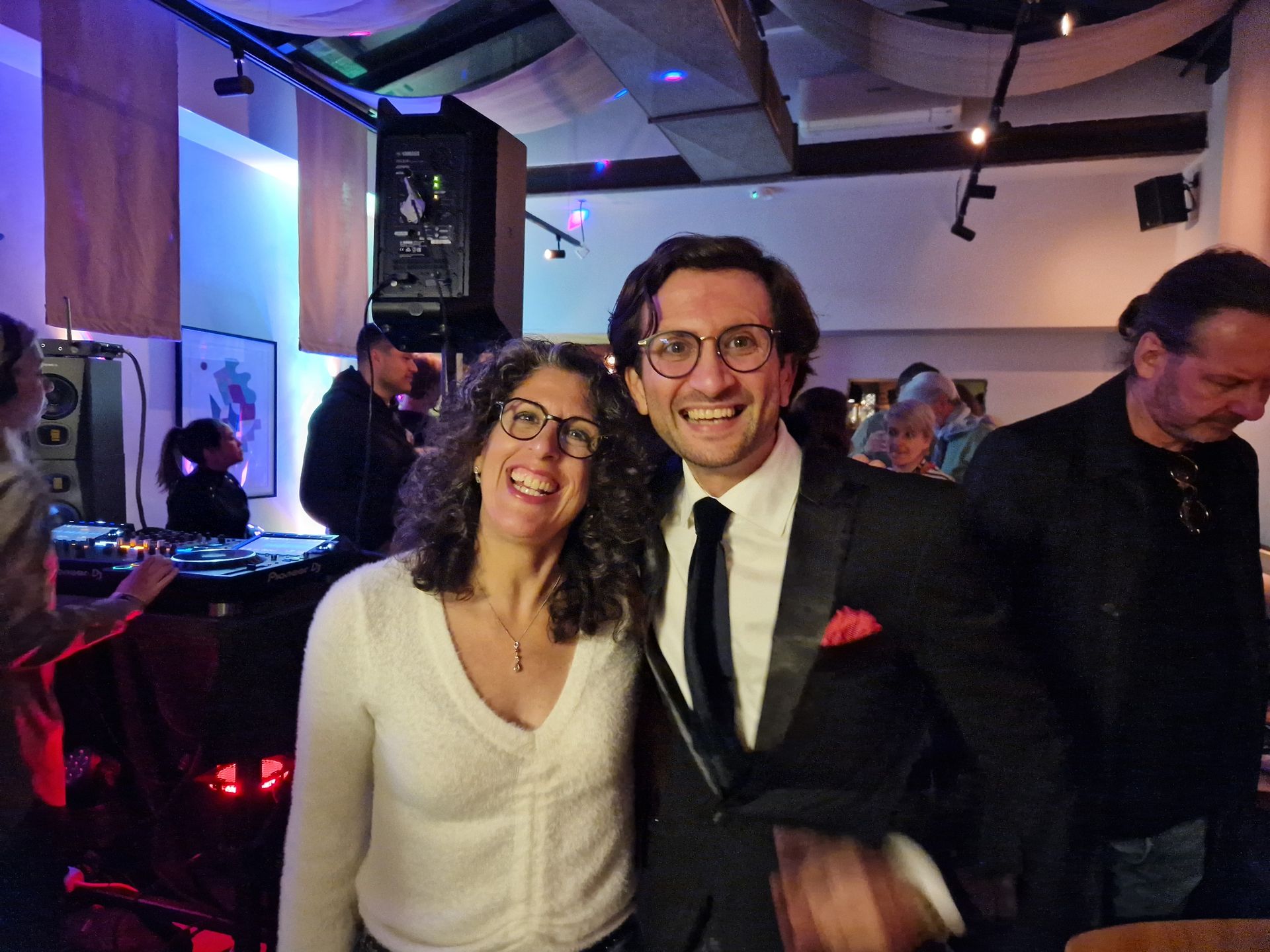
18. Don’t be afraid to leave
If you don’t like where you’re at, that’s fine. Don’t stay. Take a break or go somewhere else. Your people are out there, and they’ll find you, too.
19. Follow up without being too clever
You don’t have to show off what you know. Don’t write asking about the latest hot topic. Just thank them, say you enjoyed the session, and provide them with your details. Keep it simple.”
20. Networking is ongoing
This is not your only opportunity. A network is a work in progress. It takes time, commitment, authenticity and reliability. It has taken me years, and it wasn’t always good. But over time, it builds.
These 20 tips are drawn from my three decades of trial, error and persistence. Whether it’s ADE, Eurosonic, SXSW, or a local industry meet-up, the principles don’t change. Show up as yourself. Be present. Listen. And remember that the real value of networking is in the relationships you build over time.
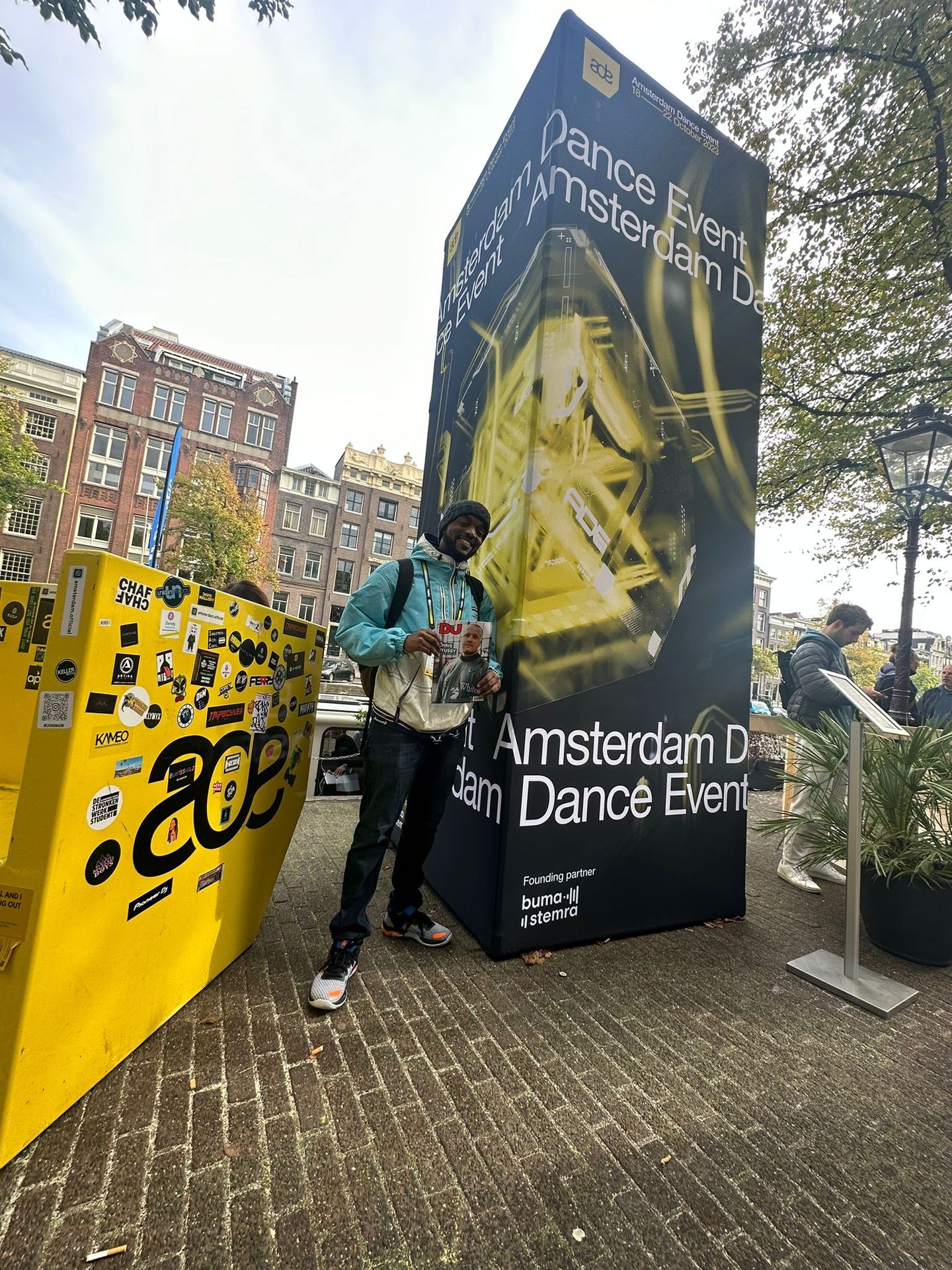
About EMC
EMC builds a thriving, independent, electronic/dance music ecosystem through programmes, events, initiatives, storytelling, supportive day-to-day actions and advocacy. Founded in 2012, EMC has hosted 12 conferences, close to 100 music and cultural events and three international exchanges.
About Mixmag Asia
Since debuting in Asia eight years ago, Mixmag Asia has been the leading media delivering on-the-pulse stories about music, artists, parties, festivals and trailblazing topics linked to electronic music and club culture across the region. Through its access and influence in the industry, Mixmag Asia connects brands with engaged and passionate audiences around the world through game-changing digital delivery and audience activation.
About AFEM
AFEM is an independent, not-for-profit, democratically run global trade association. The AFEM team works in a way that reflects, promotes, and preserves the best of electronic music culture, bringing members together as a community to solve issues and ensure a vibrant and successful future for our ecosystem. We have over 290 members in 41 countries across all key industry verticals.
